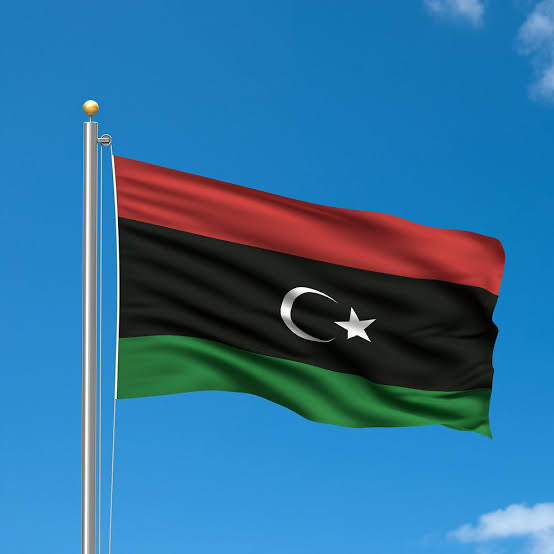KEY POINTS
- Libya officially entered the Arab Common Market for Electricity, a regional initiative aimed at unifying energy markets, stabilizing supplies and boosting investments across 11 Arab nations.
- Libya targets 2 million barrels of oil production daily by 2027 and 4 billion cubic feet of gas annually, leveraging partnerships with Eni, Sonatrach, and Qatar for energy expansion.
- Strategic alliances with the UAE, Egypt, and Qatar strengthen Libya’s energy output, supporting regional economic integration and advancing renewable energy projects for domestic and European markets.
Libya has formally joined the Arab Common Market for Electricity, a transformative initiative launched on December 3 to unify energy markets across 11 Arab nations, including the UAE, Egypt, and Saudi Arabia.
The program aims to stabilize electricity supplies, reduce costs, and attract investments in renewable energy, positioning the region as a leader in global clean energy exports.
This milestone dovetails with Libya’s ambitious strategy to modernize its energy infrastructure while bolstering regional partnerships. The upcoming Libya Energy & Economic Summit (LEES) 2025, set for January 18–19 in Tripoli, will serve as a critical platform for energy stakeholders to explore collaboration opportunities.
Oil dominance underpinned by strategic investments
Libya’s energy sector remains a cornerstone of its economy and global influence. As a founding OPEC member, the nation continues to punch above its weight, producing 1.4 million barrels per day as of December 2024 and leading OPEC output for two consecutive months.
The National Oil Corporation (NOC), as reported by EnergyCapitalPower, is targeting an ambitious 2 million barrels per day by 2027, leveraging Libya’s position within the Arab League to unlock investment and strengthen regional ties.
Recent highlights include Algeria’s Sonatrach resuming full operations in the Ghadames Basin under a 2022 revitalization agreement and ADNOC’s August 2024 acquisition of a stake in OMV, which holds assets in Libya’s Sirte and Murzuq Basins. ADNOC’s interest in Libya’s NC-7 gas field further underscores the growing collaboration.
Accelerating gas output and regional collaboration
Natural gas production is another pillar of Libya’s energy strategy, with a goal of 4 billion cubic feet annually by 2027. Central to this vision is the Mellitah Oil & Gas venture between Eni and the NOC. Its flagship Structures A&E project aims to deliver 750 million cubic feet of gas per day by 2026, balancing domestic consumption with European export needs.
As global gas prices remain volatile, Libya has intensified partnerships with key regional players. November 2024 saw Libya’s Oil Minister Khalifa Abdul Sadiq meet with Qatar’s Energy Minister Saad Al-Kaabi to explore LNG collaborations, leveraging Qatar’s expertise as the world’s top LNG exporter.
Libya also strengthened ties with Egypt, engaging with the Egyptian General Petroleum Corporation to expand hydrocarbon investments and address Cairo’s growing energy needs.
Driving economic integration and regional leadership
Libya’s integration into the Arab Common Market for Electricity and its aggressive oil and gas targets are part of a broader strategy to diversify revenues, reduce routine flaring, and establish itself as a key regional energy hub. These efforts align with the nation’s goal of bolstering economic integration across the Arab world and enhancing its influence in global energy markets.
Through a blend of infrastructure modernization, strategic partnerships, and a clear focus on renewables, Libya is poised to reshape the region’s energy landscape while fueling its own economic transformation.



